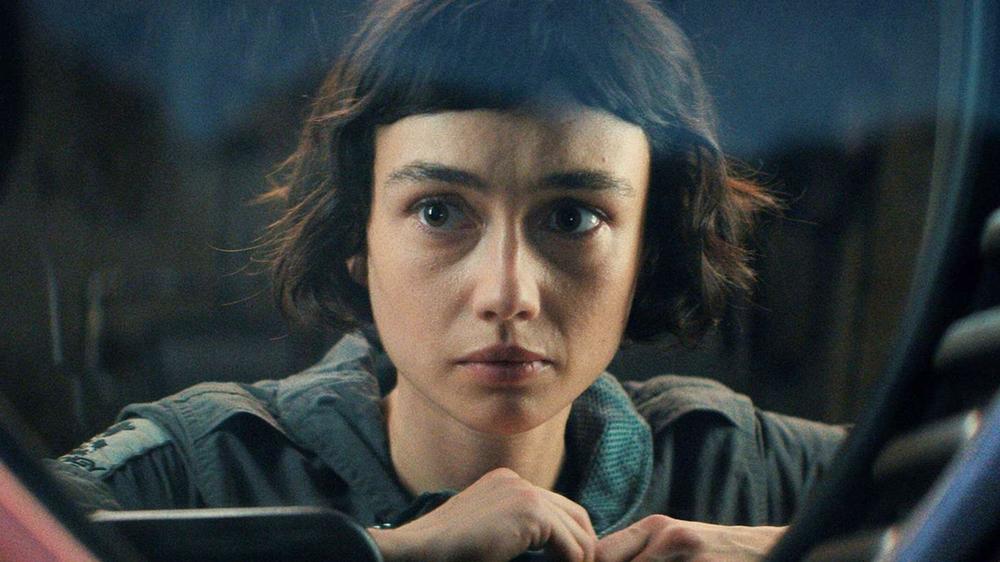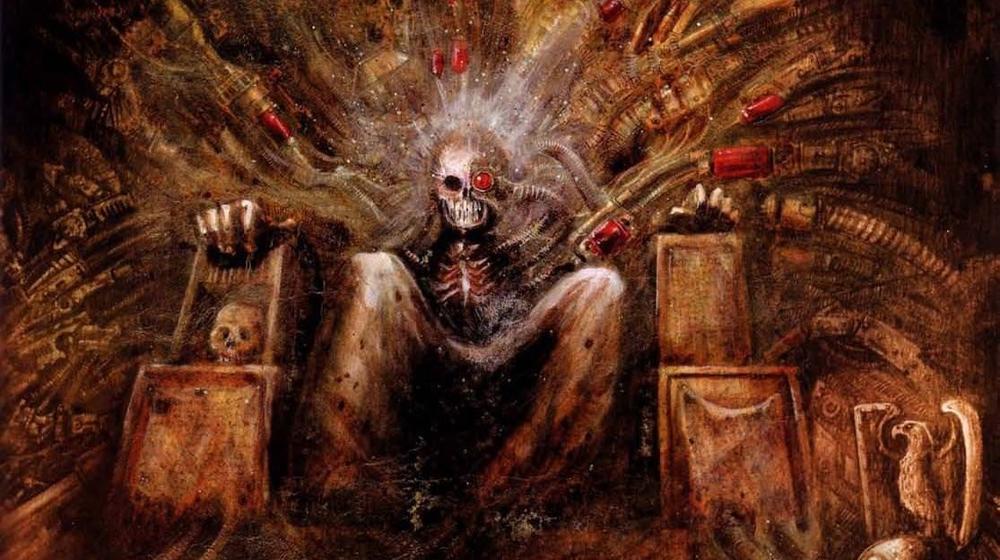A new Alien show is about to hit screens, and creator Noah Hawley has revealed how the TV version is different to the movies.
Alien: Earth is the first Alien TV show, with events playing out in space and on our planet, two years before the very first movie.
Here’s the official synopsis: “When the mysterious deep space research vessel USCSS Maginot crash-lands on Earth, Wendy and a ragtag group of tactical soldiers make a fateful discovery that puts them face-to-face with the planet’s greatest threat.”
The creator and showrunner is Noah Hawley, whose previous TV credits include Fargo and Legion, and he’s been talking about the birth of the show and its comparisons to the movies.
Alien: Earth is about “the survival of humanity”
The first episode of Alien: Earth screened in London earlier this week, and was followed by a Q&A with creators and cast. During that conversation, Hawley discussed the origin of the show, and the obvious way in which it has to forge a new path.
Hawley explained: “It started for me about five years ago in conversation with FX when they suggested they could get the Alien franchise on television, and did I have an idea.
“The problem with me is, if you ask me if I have an idea, I’m going to have an idea, and so I came up with this initial concept of the transhumanism – the children in adult bodies – because I feel like an Alien is a two-hour survival story, but a television show is about the survival of humanity itself, and who is more human than a child? They don’t know how to lie, they don’t know how to pretend they’re not afraid, so that’s where it started for me.”
Keeping the show authentically Alien
In spite of that major difference, Hawley also said he wanted to remain true to the spirit of the movies, adding: “When you translate something from film to television, the most important thing is authenticity; the feeling that we understand what Alien is.
“That’s why it was important in the recreation, the homage, the pacing, seeing them wake up [after hypersleep], seeing the Altman-esque overlapping dialogue at breakfast, they’re smoking, they’re eating – I think it tells the audience that we’re making the movie they love.”

 It And Annabelle Writer-Producer Secures Screen Rights For The Medium: 'Anything Bloober Develops Is Going To Push Horror Forward In Unique And Terrifying Ways'
It And Annabelle Writer-Producer Secures Screen Rights For The Medium: 'Anything Bloober Develops Is Going To Push Horror Forward In Unique And Terrifying Ways'